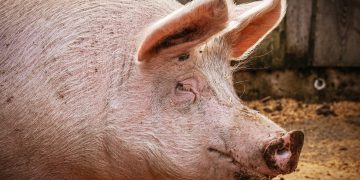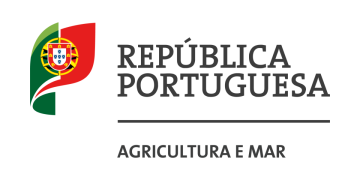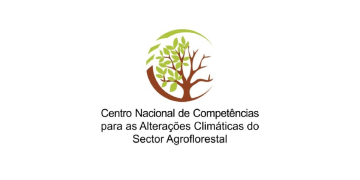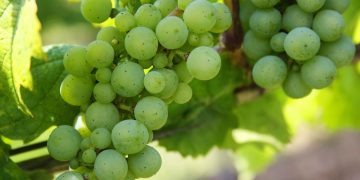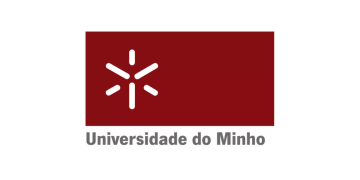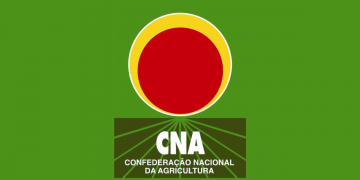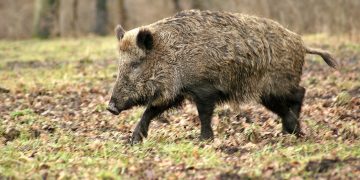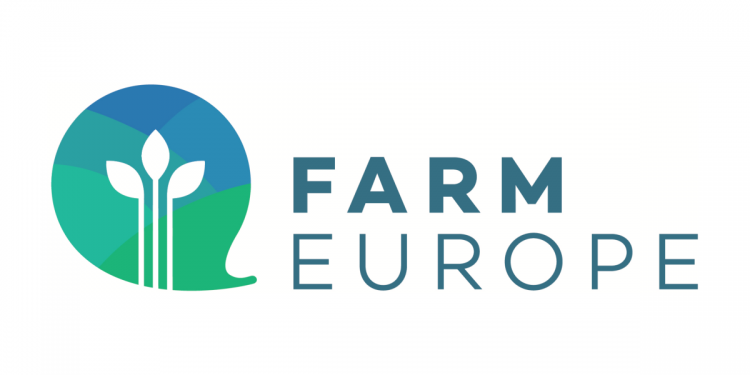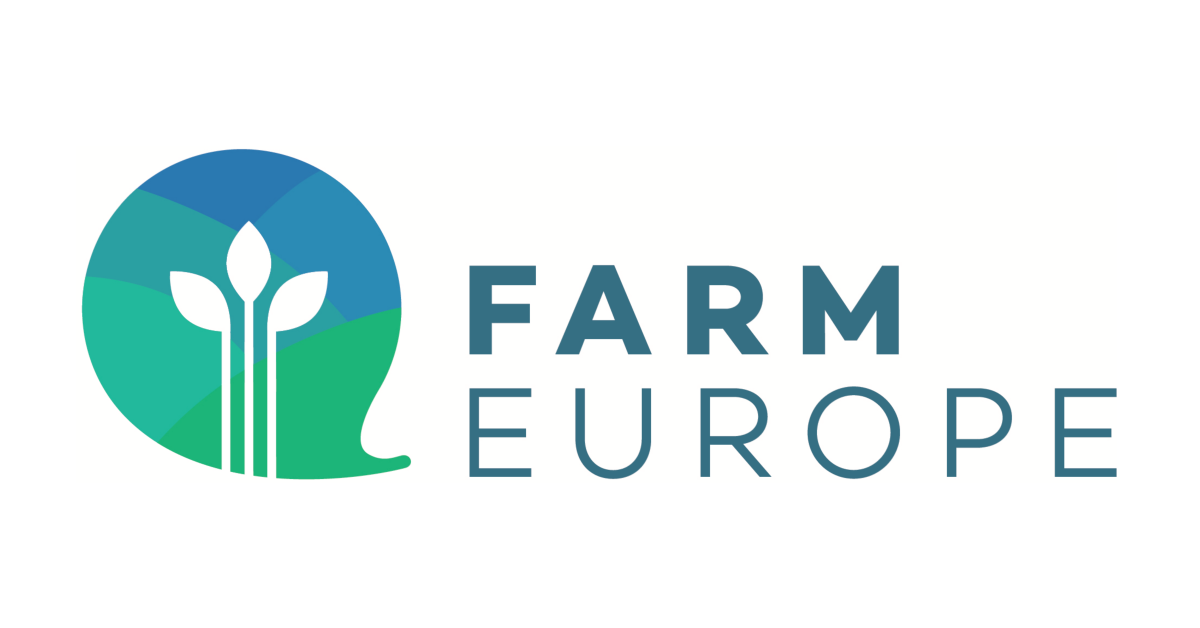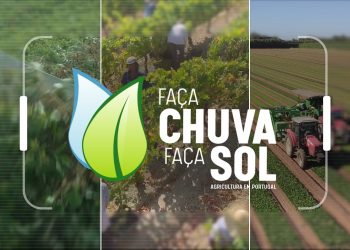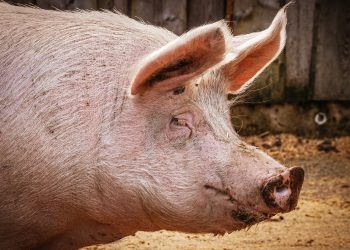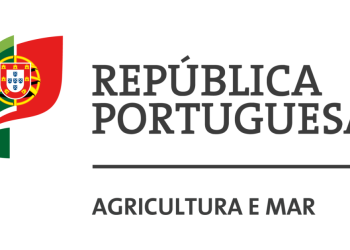Yesterday, the European Food Safety Authority (EFSA), published its scientific opinion on Tolerable Upper Intake Level of dietary sugars[1], i.e. a maximum level of intake that would not harm the health of consumers, responding to the request of five Nordic countries (Denmark, Finland, Sweden, Iceland & Norway). Upper levels (UL) have already been defined by EFSA for some micro[2] & macro nutrients such as dietary fibres, fats, proteins, etc[3].
In its opinion, EFSA argues that an upper level of intake for sugar could not be defined (as a specific threshold), but it recommends to keep the sugar intake “as low as possible”. This formulation encounters at least two main fallouts:
Firstly, it allows for the interpretation that there is no safe level of sugar intake, thus, sugar has to be avoided at any cost, no matter of the quantity, which is a breach of the basic good sense nutrition principle of a balance diet. EFSA underlines that the analysed studies and systemic reviews on the relation of sugar on health converge on an assumed linear correlation, and not an “S” shape curve: an upper level, therefore a safe area, cannot be determined.
Nevertheless, EFSA itself states in its scientific opinion that “at levels of added and free sugars intake below 10E% uncertainty is high regarding the shape and direction of the relationships between added and free sugars intake and the risk of metabolic diseases”. This statement should clear out any doubts on the fact that scientific evidence finds that below a certain -indicative- threshold of sugary total energy intake, the negative health effects cannot be directly linked to sugar, but are the outcome of many factors. This statement contradicts the linear approach and shows ultimately, that at this stage, in issuing the statement “as low as possible”, the institution is making politics rather than science, issuing communication headlines rather than providing guidelines for health authorities.
Communication headlines rather than health guidelines
Secondly, EFSA formulation does not give any concrete guidelines for national authorities for the update of dietary guidelines, thus the definition of nutrient profiles. After having analysed dozens of scientific publications and reviews on the topic, updated its food database (Foodex2), consulted with stakeholders, “as low as possible” is the easy way out and does not help to face growing of health problems both in European adults and children.
Other institutions (international and national bodies) managed to already set their upper limits -which, as the EFSA reminds, is not a target that we should aim to, but rather a maximum threshold above which health risks increase.
Moreover, EFSA itself already defined some specific thresholds and safe ranges for other nutrients such as salt[4](2.0 g/day of sodium), fats[5] (a daily intake that ranges from 20% to 35% of energy), carbohydrates (ranges from 45 to 60% of total energies), and dietary fibres (25g/day)[6] using a similar methodology of the one used for its analysis on sugar.
Further work by EFSA needed
As a result, EFSA’s statement on sugar UL does not define specific safety levels of sugar intakes. This may lead public health authorities (in charge of developing dietary guidelines), food processors and consumers (who want to improve their products & health) to confusion. Therefore, we consider EFSA should address this point and deepen its work on this issue. This is important considering that the publication of the scientific opinion of the European Food Safety Authority on Upper Tolerable Intakes of sugars might be useful in the context of the revision of the FIC regulation (Food Information to Consumer). But at this stage, it is simply impossible to use it as a foundation for a sound and well-informed public health policy.
Background
The general approach for EFSA to establish a UL includes the analysis of wide datasets and scientific literature after which a “S-shape” graph (such as the one on the side) is used to graphically expose the correlation between the nutrient intake and the health risks. As it can be seen, there is a “safe range” within which the amounts of nutrient intake are considered safe; beyond this range, negative health effects will start to arise according to the scientific literature. The Upper Level corresponds to the last amount of nutrient intake above which negative health effects start to manifest.
The safe range varies according to the nutrient and it is calculated as a weighted average of the dataset and scientific literature on the subject. For dietary sugars, EFSA points out that such curve is impossible to make because the correlation is assumed to be linear at this stage, thus, a safe range cannot be determined. But data from 0 – 10 E% of intake is not sufficient (highly uncertain) to support this linear conclusion.
[1] https://efsa.onlinelibrary.wiley.com/doi/epdf/10.2903/j.efsa.2022.7074
[2] https://www.efsa.europa.eu/sites/default/files/assets/UL_Summary_tables.pdf
[3] https://www.efsa.europa.eu/sites/default/files/2017_09_DRVs_summary_report.pdf
[4] https://www.efsa.europa.eu/en/efsajournal/pub/5778
[5] https://www.efsa.europa.eu/fr/efsajournal/pub/1461
[6] https://www.efsa.europa.eu/fr/efsajournal/pub/1462
O artigo foi publicado originalmente em Farm Europe.

